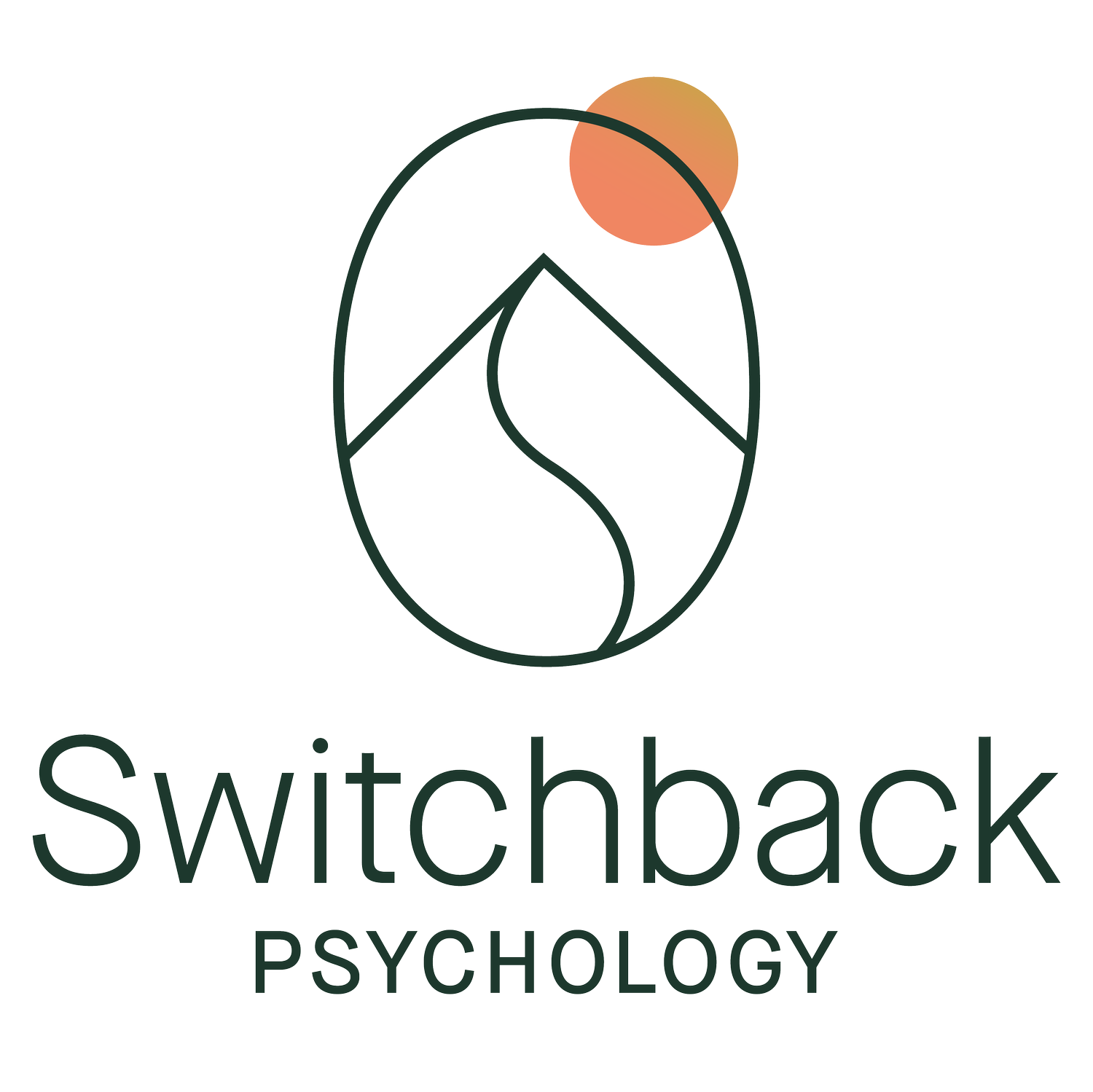Areas of expertise
-
Insomnia is a common sleep complaint that involves difficulty falling asleep and/or staying asleep. It is associated with impaired functioning and significant distress or worry. Other common daytime effects include low mood, irritability, fatigue, poor concentration and memory, and reduced physical well-being. When such sleep difficulties occur at least 3 nights per week, for 3 months or longer, it is considered “persistent”. It is this type of insomnia, in contrast to occasional or more short-lived sleep difficulties, that typically leads a person to seek treatment. About 10% of adults have persistent insomnia, whereas up to 50% report some degree of sleep difficulties.
-
Occasional anxiety is a normal and adaptive part of the human experience. However, for some people, anxiety is persistent and excessive. People with anxiety disorders have recurring worries about everyday situations. They may also experience a number of physical symptoms, such as a rapid heart rate, trembling, sweating, or feeling keyed up. As a way of coping with their anxiety, they may avoid certain situations or come to rely on safety behaviours (e.g., avoiding eye contact, being overly prepared, seeking reassurance). There are several different types of anxiety disorders such as generalized anxiety, social anxiety, specific phobias, and panic disorder. It is estimated that almost 30% of people will experience an anxiety disorder at some point in their life.
-
Depression is a mood disorder characterized by persistent feelings of sadness or a loss of interest in activities. Other symptoms may include sleep difficulties, changes in appetite or weight, feeling physically slowed down or agitated, fatigue or low energy, feelings of worthlessness or guilt, cognitive difficulties, and thoughts of death. In order to receive a diagnosis of depression, symptoms must be present more days than not, for 2 weeks or longer. Depression affects approximately 7% of people at any given time, with women being at an increased risk.
Cognitive behavioural therapy, or CBT for short, is an evidence-based treatment for various psychological concerns, including insomnia, anxiety, depression, eating disorders, substance abuse, and more. CBT is made up of different cognitive and behavioural strategies that can be put together in personalized ways, depending on an individual’s needs.
The cognitive part helps you identify and challenge unhelpful thinking patterns, so that you can see things from different perspectives. When we broaden our perspective, we often feel better as a result.
The behavioural part is aimed at changing how you act or respond. This may involve replacing unhelpful behaviours with more adaptive ones, following a recommended sleep window (for insomnia), learning how to calm your body and mind, and facing your fears and challenges.
There are many advantages of CBT.
Collaborative. We will work together to understand your concerns and develop a treatment plan.
Short-term and goal oriented. Some people need just 5 sessions to reach their goals, and some require up to 20 or so. Generally, CBT does not continue for many months or years.
Present-focused. Our primary focus is improving your symptoms and developing a tool kit of effective strategies that will help you move forward in life.
Long-lasting benefits. Outside of sessions, you will practice different CBT exercises as part of your “homework”. Then, we will discuss how these strategies worked for you. Throughout this process, you will learn to be your own therapist, allowing you to maintain your gains beyond the end of therapy.
